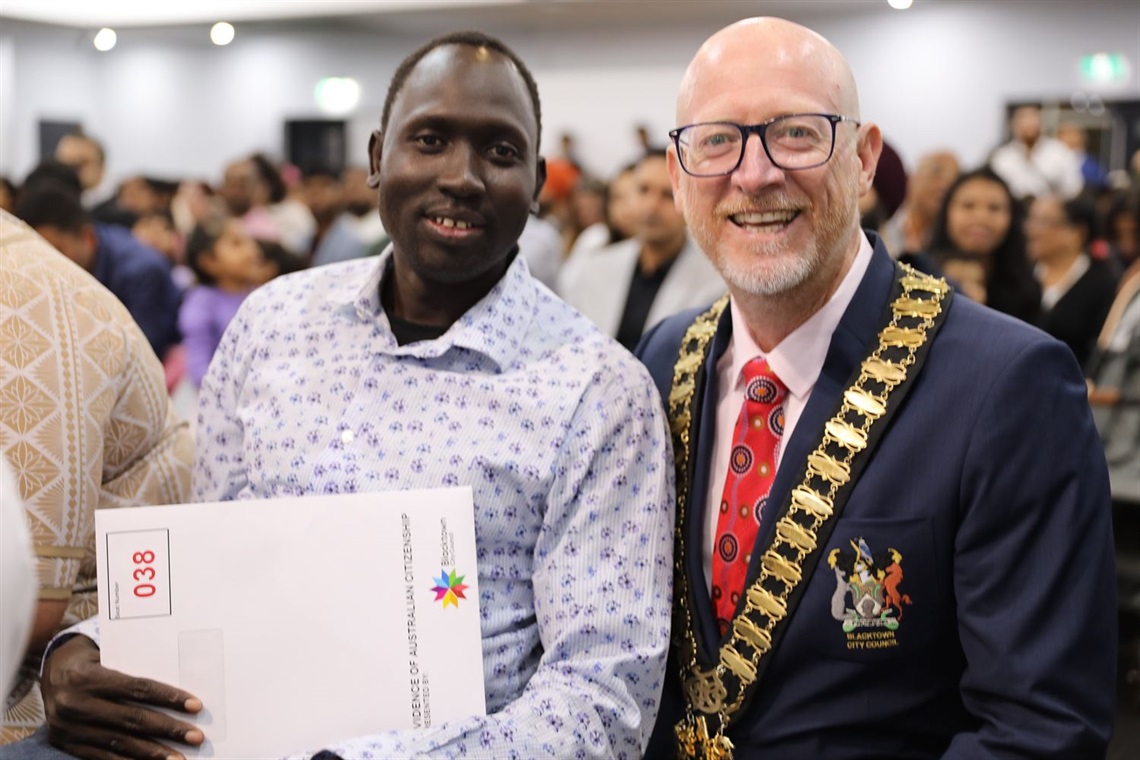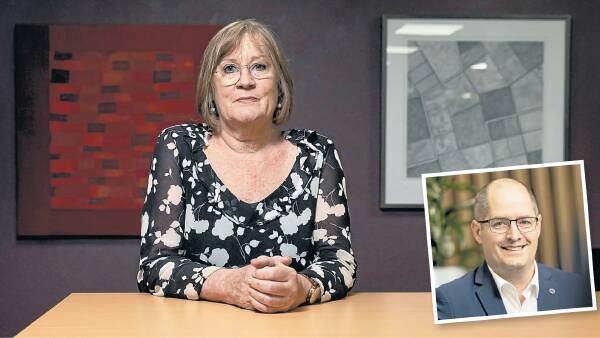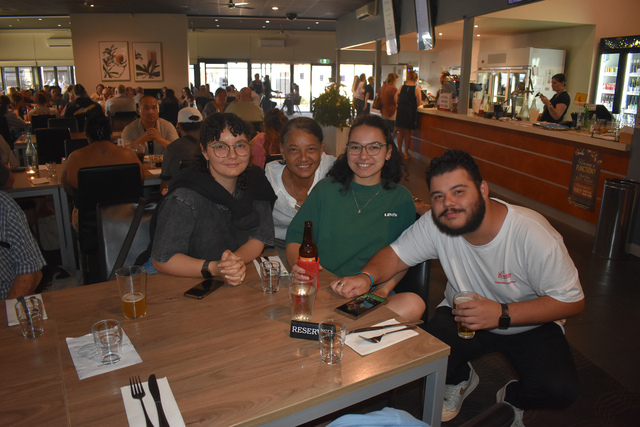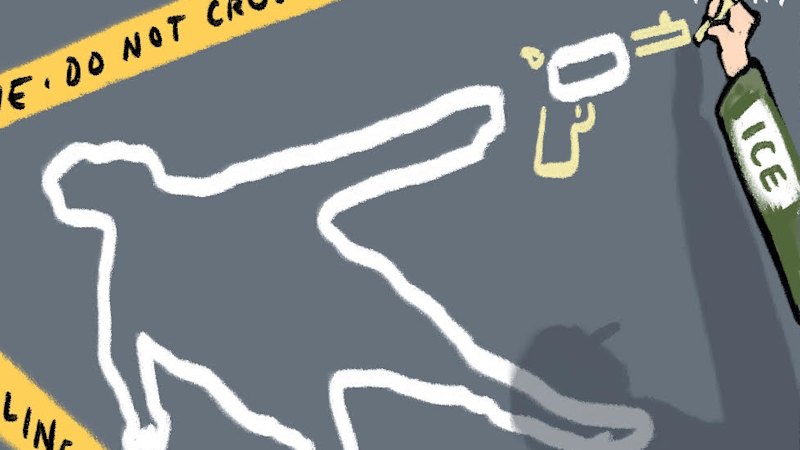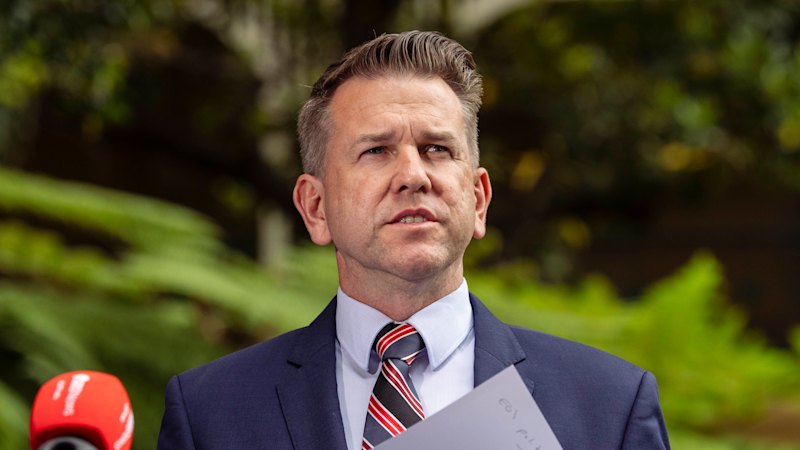
Recent disclosures involving the CFMEU (Construction, Forestry, Maritime, Mining and Energy Union) have raised significant concerns about the intersection of organized crime and the construction industry in Australia. A report published by the Herald revealed that gangland associate John Khoury received $110,000 from the Queensland-Melbourne joint venture Glen Q to secure industrial peace for a development project at Broadbeach. This troubling connection underscores ongoing issues of intimidation and misconduct that continue to permeate the industry.
Investigations Uncover Disturbing Financial Connections
According to the report, a meeting took place between influential figures from the CFMEU and Khoury just four months after the federal government mandated the union to enter administration. While there is no evidence suggesting wrongdoing by union attendees, the federal police uncovered this payment during raids. The investigations revealed a financial trail linking Khoury’s accountant to Glen Q’s project, indicating a deeper relationship between construction firms and underworld figures.
Additionally, Nick Maric, a Melbourne construction executive and current Queensland government contractor, has retained Khoury and Mick Gatto for their services in dealings with the CFMEU. Maric has had long-standing ties with Khoury, employing him and Gatto to navigate the complexities of union interactions.
This situation highlights not only the relationship between the CFMEU and criminal elements but also the rivalry with the Australian Workers’ Union (AWU). Representatives of the AWU have aligned with firms associated with individuals possessing criminal backgrounds to undermine the CFMEU’s influence. One such firm, 24-7 Labour, is owned by two men previously convicted for drug trafficking between Queensland and Victoria.
Government Response and Future Directions
In light of these revelations, the Queensland government announced an expansion of its inquiry into the CFMEU. The inquiry will now operate under terms that resemble those of a royal commission, a move welcomed by CFMEU administrator Mark Irving, SC. Irving has urged federal and state governments to enhance efforts aimed at addressing crime and corruption within the industry. His administration believes it is crucial to adopt a broader perspective that extends beyond the CFMEU.
Next month will mark one year since the CFMEU’s construction and general division was placed in administration, a step that some hoped would signal a new era of accountability within the union. While progress has been made, including plans for a national purge of union organizers linked to violence and corruption, the enduring connections between the union and criminal networks suggest that significant obstacles remain.
Despite the challenges, stakeholders across the government, regulatory bodies, and the union movement must strive for meaningful change. The hope is that one day, the issues of crime, violence, and intimidation in the construction sector will be eradicated, and those responsible held accountable for their actions.
As the investigation unfolds, the ramifications of these findings may serve as a pivotal moment for the CFMEU and the broader construction industry in Australia, offering an opportunity to address longstanding issues that have plagued the sector for years.
